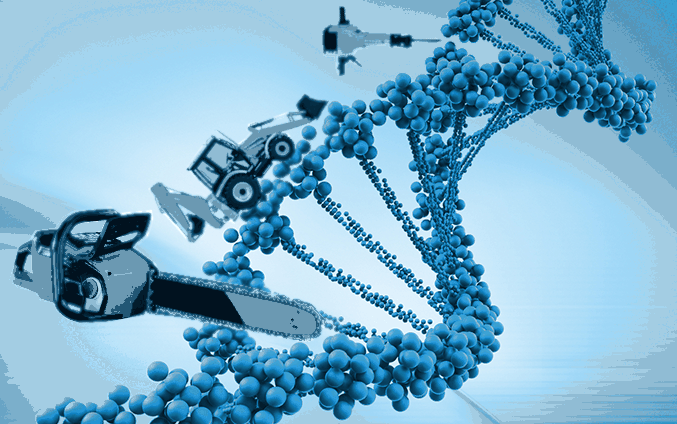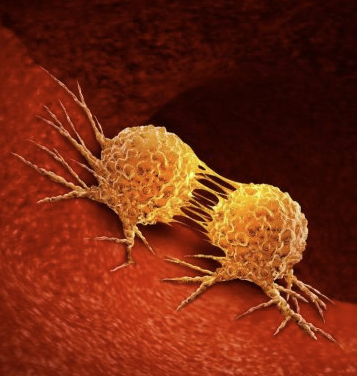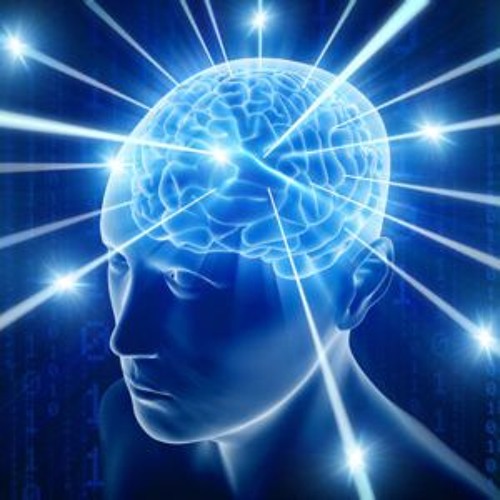Left-handed folks aren't as rare as people with polydactyly or syndactyly (webbed hands or feet), but you may have noticed that there aren't as many left-handed people out there as right-handed people. Some of this is due to societal pressures, but I was intrigued to learn that much of it may have to do with genetics, and these genetic mechanisms may extend not just to which hand is dominant, but how the body plan is determined. Like many things in bioscience, it isn't always apparent that handedness and its genetic components are critical to other aspects of physiology, but as we will find out together, the genes associated with whether you use one hand more efficiently than the other can also influence developmental and neurological health!
I was recording a new BioChat (you should subscribe) recently with a professor at Harvard. We discussed gene therapy in passing for the disease he was studying, and one of the things that he brought up was the need to ensure that whatever therapy is designed has to be safe and effective. This of course is the promise and also the challenge of CRISPR-based research, in which the model is known but the targeting efficiency isn't where it needs to be in order to be of practical use in therapeutics. This is a big reason why the biomedical research world was abuzz with the recent announcement (and preprint) of a major discovery by scientists at the Broad Institute, where they characterized the mechanisms and the potential utility of a system similar to CRISPR in eukaryotes.
As science advances, one of the recent trends that continues to pay dividends is immunotherapy to fight cancers. In many cases, the strategy is to mobilize the immune system to attack tumor cells based on cancer-specific antigens expressed either by the tumor itself or within the tumor microenvironment, either by stimulating normal immune cell function to their new tumor target or by removing the suppression of the immune system that is characteristic of many cancers. The trick is to find a way to attack only the tumor and not normal tissues, and certainly not to somehow trigger autoimmunity.
Ever since the official start of spring, I have been sneezing repeatedly with watering eyes possibly due to the various types of pollen and random detritus in the air. No matter your location or the time of year, we are always swimming in potential allergens, and some of us react to these generally innocuous substances more intensely than others. As summer is often a time of heavy pollination, let's explore allergies and what can be done about them.
Ever since my wife started listening to some true crime and fantasy podcasts a few years ago, I ventured on a different path with my podcast journey as I steered toward celebrity interviews, comedy, and the occasional science podcast. Of course you know we did start our own ABclonal podcast, BioChat, and previously we also highlighted a few fun and interesting science-themed podcasts that won't take too much out of your day as you commute or go about your work. In addition to entertaining and educating you, podcasts also have some mental and personal benefits. There are only so many hours in your day with plenty of choices, so let's see what we can do to help with some constructive distraction!
As a lifelong Star Trek fan, it has been exciting to see a lot of the science fiction gradually become science fact, even from the classic episodes with Captain Kirk and Mister Spock. From automatic doors to cellular phones, and even the computing innovations we take for granted such as the Google search engine, touch screen iPads, and the Alexa voice-activated assistant, science fiction like Star Trek has fed our imaginations to turn concepts into reality, such as this happy goofball (albeit a very resourceful goofball) making Doctor Octopus tentacles. I will continue sprinkling in Star Trek references because many of the neuroscience-based innovations in this post seem inspired by mere words on a script page that turned into an "aha" moment on screen, but as paraphrased from Arthur C. Clarke's laws, nothing is truly impossible with the right kind of science.









